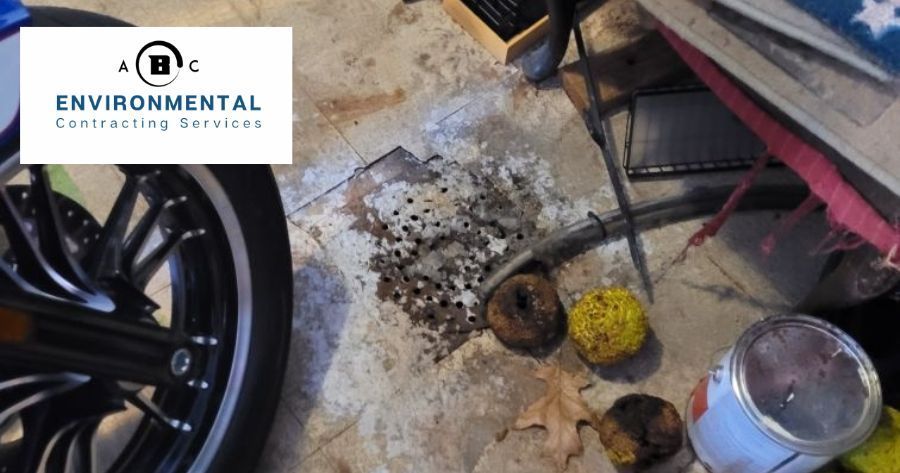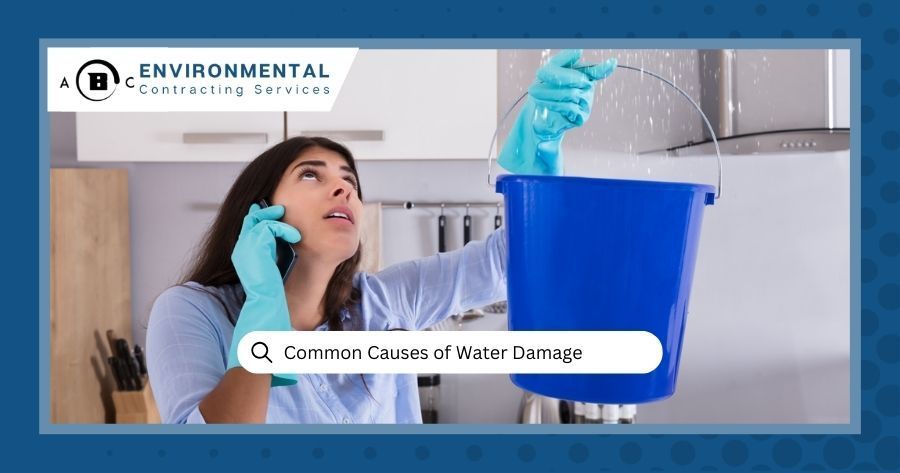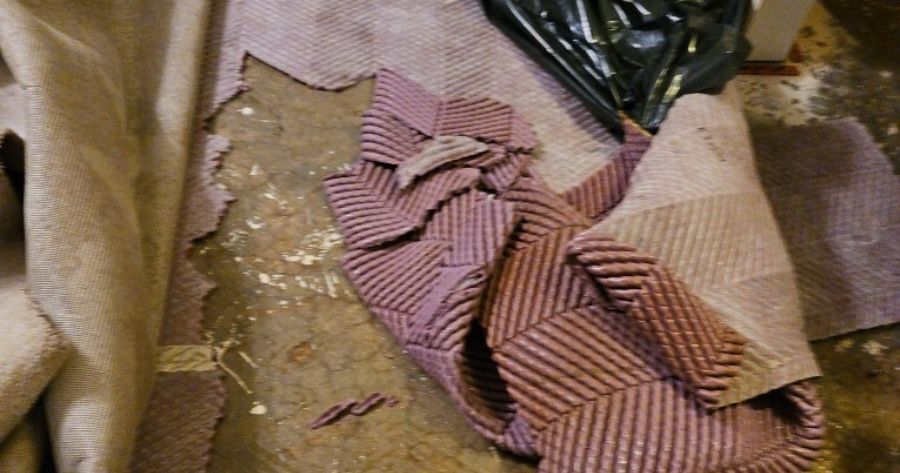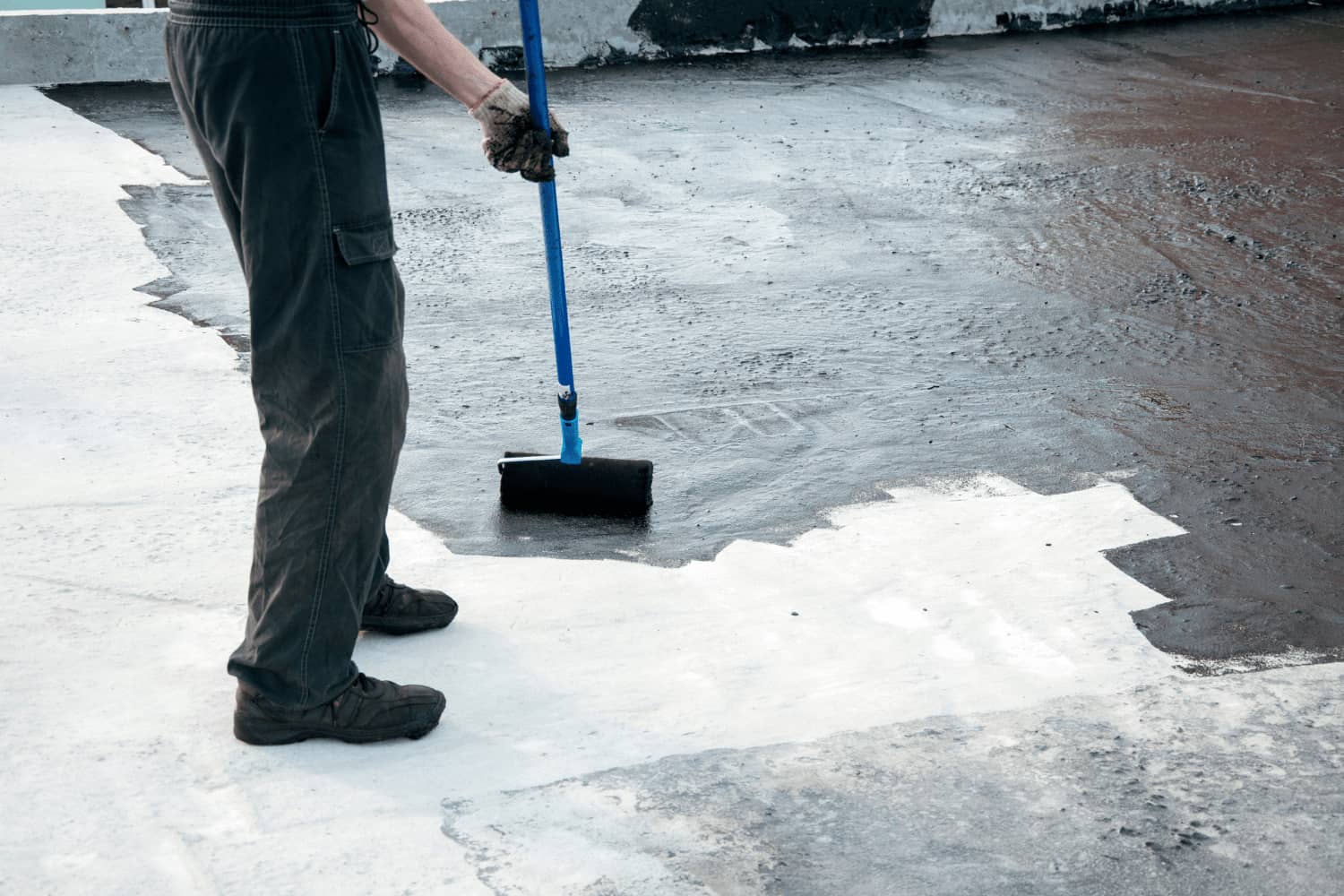
How Can I Waterproof My Basement?
The short answer to the questions "Should I waterproof my basement?" and "Can I waterproof my basement myself?" is yes. Basement waterproofing can result in a variety of issues owing to insufficient or inadequate waterproofing. If not treated appropriately, seepage might result in significant damage. Occasionally, you will attempt to apply a coat or another substance in the basement while the true source of the problem is the exterior walls. For questions about basement waterproofing services in Springfield and Branson MO, contact ABC Damage Restoration.
The foundation is the most durable component of any structure. However, when a house's foundation settles into the soil, cracks form and water seeps in, resulting in a damp basement. Typically, these cracks can be fixed with easy DIY waterproof my basement solutions. There are undoubtedly cases of external waterproofing where a contractor is necessary to repair significant foundation damage or if a landscape architect/civil engineer recommends regrading your yard and/or rebuilding your drainage system.
1. Clean the Area
A severely discolored floor is a simple repair in the majority of basements. Certain basements may naturally seem this way when the earth becomes wet, but if you're searching for techniques to "waterproof my basement" issues begin by thoroughly cleaning the area. Simple tasks such as pressure washing the floor or scrubbing it with a cleanser can be helpful. Even if the floor has been completed, a moist cloth dampened with mild dish detergent and warm water will aid in cleaning. If you do not have access to these goods, substitute some cleaning fluid. Again, thoroughly wet the area and scrub a new portion of the floor clean.
After resolving the first "waterproofing my basement" wet floor issue, you'll be able to examine the floor more closely. Clear the area and allow it to dry completely before proceeding.
2. Plug Holes
When your basement has insufficient water-proofing and is showing signs of storm and exterior rot, there are a few solutions to consider. Begin by repairing any holes in the concrete structure. Pierce any thin portions of concrete using 8 or 10-inch duct tape and a trowel. Tape should be placed carefully over the plug and should completely cover the structure. This is a temporary repair, but it may significantly reduce the quantity of water that leaks in. This is one of the waterproofing my basement options, and some basements employ this approach as a result of their basements' recurrent flooding.
The most effective method of "waterproof my basement" is to lay impermeable pavers. Basements have been waterproofed using gravel and a carpet covering in some cases.
3. Fill Cracks
The most common issue that many homeowners have while dealing with water damage is visible drywall cracks. This may occur as a result of seepage or roof leaks. Therefore, how do you avoid it? You may, however, halt the process by sealing the cracks using contact cement.
A pail of drywall mud, sand, and water should be kept handy. In the bucket, combine a little amount of contact cement with the water. You can add sand to this solution to improve the adhesion of the mud to the drywall.
Apply a tiny quantity of contact cement to the cracks, wait to dry, and then repeat with additional paste until the crack is entirely filled. Repeat the procedure on the opposite side of the foundation wall and fix it as quickly as possible to avoid the development of other cracks.
4. Seal Openings
Every basement contains one or more of the following tiny holes:
- Crawl Space Entrance
- Crawl Space Lift-Off
- Interior/External Security Doors
- Sink Leveler (depending on the depth of your home)
- Ceiling Sill (if there’s an extra space, close it off and cut a plug.)
- Basement Basement Ceiling Access
Before removing the siding and sealing these spaces with something waterproof, each of these holes should be sealed with a waterproofing sealant. Both solutions perform well, but when dealing with flaws or holes of varying sizes, you'll want to use a higher-quality waterproofing sealant to ensure thorough covering of the whole aperture.
Alternatively, you may just use liquid silicone caulk to fill the gaps.
5. Apply Waterproof Coating
It’s easier than you may think to "waterproof my basement" yourself. Although the primary concerns in basement waterproofing are infiltration and wind, there are several techniques homeowners may use to address those issues. The fundamental principles of moisture, infiltration, wind, and temperature all apply here, since a water-resistant coating is the most effective method of safeguarding your home's foundation from external sources.
The installation of a pre-insulated waterproofing membrane is the most critical step in the waterproofing process. This sort of membrane is installed within your home's foundation. It is constructed completely of a sort of waterproofing membrane and epoxy.
A fully waterproofed basement may be completed, which can improve your home value and optimize your pleasant living area. It’s even cheaper to complete your basement than to build an extension to your house. There’s no reason to live with a wet basement – which can cause health and safety concerns – when you can have a dry room to utilize for storage or even convert into another living area.
Basement Waterproofing Company in Springfield And Branson Missouri?
At ABC Damage Restoration, our team of in-house basement waterproofing specialists have warranted solutions for basements and foundations of all sorts.
If you would like a free quotation, we’re here to help you!
Contact ABC Damage Restoration at (417) 352-2303 today for
basement waterproofing services, water damage restoration, or mold damage restoration along with any of our other services or get an instant quote from our website.
Learn More About Is Basement Waterproofing Worth It?
Get A Free Estimate
By filling out the form below
Need Help With Disaster Restoration?
GET A FREE QUOTE TODAY
ABC Environmental Contracting Services Of Springfield is an IICRC certified company helping homeowners and businesses in Springfield and Branson Mo areas with water damage, mold remediation, asbestos removal and fire damage restoration services.
Find Us
ABC Environmental Contracting Services Of Springfield
2014 E McDaniel St.
Springfield, MO 65802
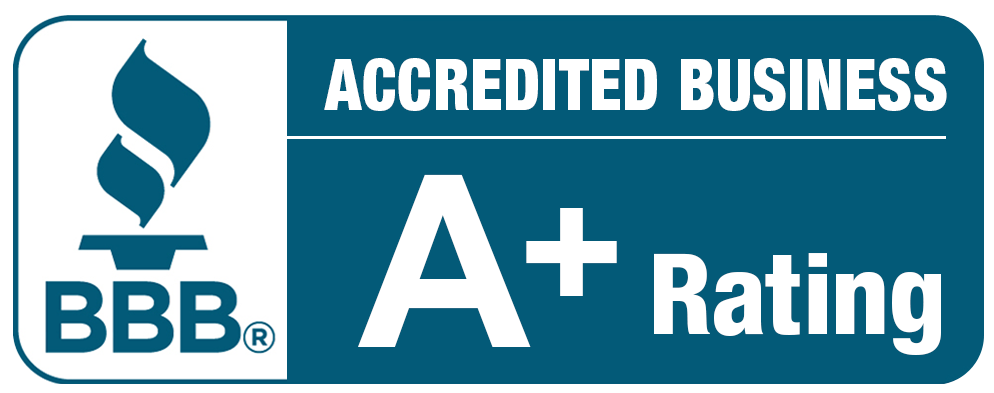
Quick Links
All Rights Reserved | ABC Environmental Contracting Services Of Springfield

